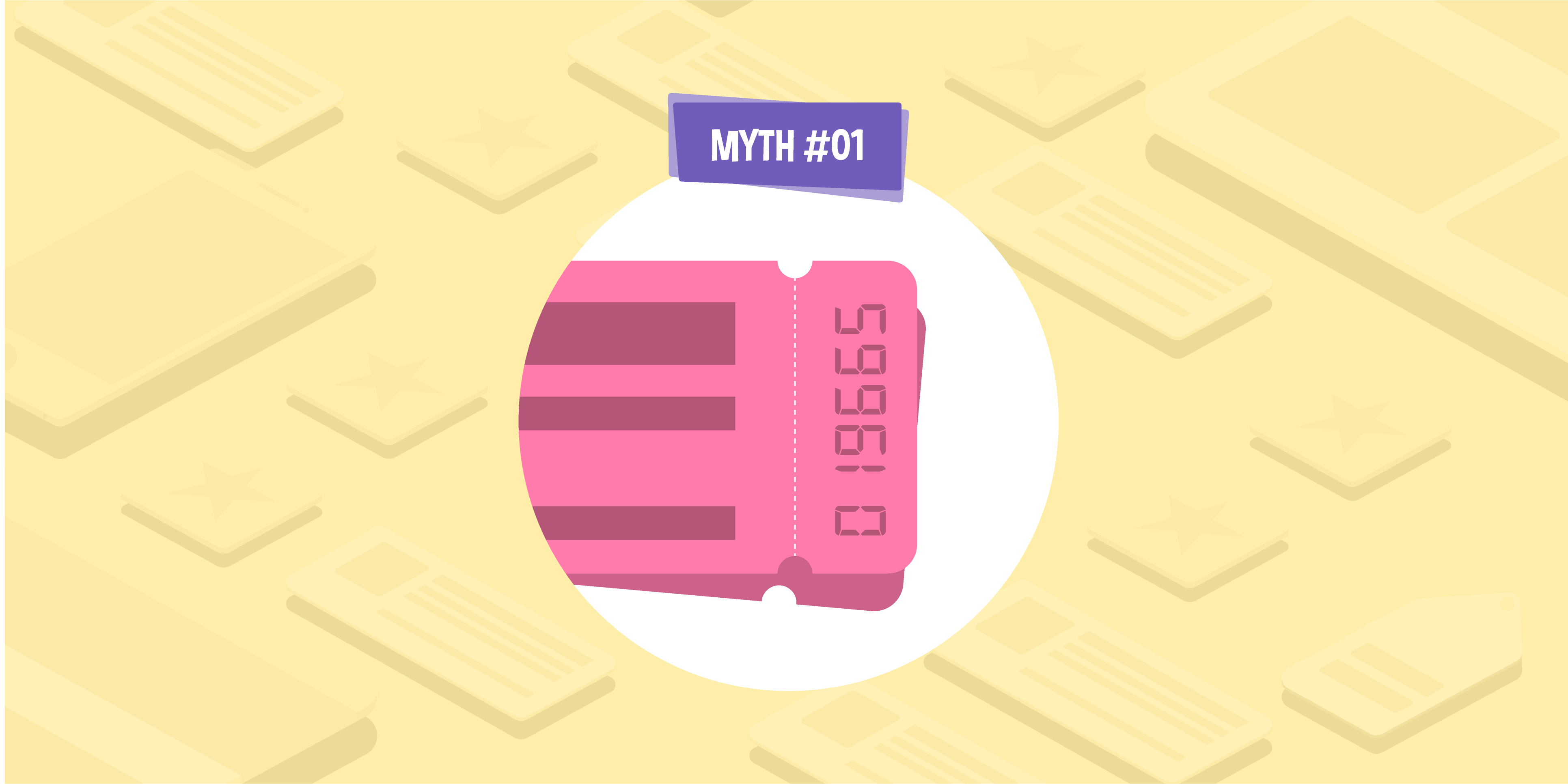
- 11 May 2023
AI for SEO: when should you use AI in content creation?
If you’re reading this, it’s likely that you’re one of the 1.16 billion users who have already had a ‘conversation’ with OpenAI’s ChatGPT this year (Exploding Topics). You might even already be using the chatbot to make some of your everyday tasks that little bit easier.
But the true potential of this transformative new technology is only just being realised. Thanks to ChatGPT’s highly advanced generative language model architecture and huge data repository, users can quickly and easily generate thousands of words on virtually any subject with just a few keystrokes.
You could be forgiven for thinking that the ability to generate lots of content quickly, easily, and cheaply should make a lot of SEO content work — like optimisation or content marketing — much simpler, right? Well, not quite. The current limitations of AI tools, along with Google’s search quality rater guidelines, mean that chatbot-generated content isn’t the quick fix it might initially appear to be. That said, AI still offers lots of useful applications, so don’t write it off just yet.
In this post, we’ll take a closer look at where Google currently stands on using AI to generate SEO content, and share some tips for using it without falling foul of the guidelines.
What is AI-generated content?
AI-generated content is any kind of content that has been created using tools powered by artificial intelligence.
AI chatbots like ChatGPT use a language-based generative text model and a huge database of information to generate outputs in response to written prompts. With the right prompt, AI chatbots can create almost any kind of written content, including articles and essays, cover letters and CVs, scripts and stories, poems and song lyrics, and much more. These tools can even write or debug code.
But AI-generated content goes beyond the written word. AI programs can also be used to create images, infographics, videos, presentations, slideshows, and other multimedia. And, the capabilities of this technology are growing all the time.
Can AI be used to generate content for SEO?
If you’ve spent even a little bit of time reading up on SEO, you’ve probably come across the phrase ‘content is king’. Publishing SEO-rich content can help your website rank for relevant keywords, which is why it is still considered one of the best ways to boost your site’s online search visibility.
While you could use AI to generate content marketing, blog posts, or category page content, that doesn’t necessarily mean this content will perform well in the search results. AI content isn’t necessarily optimised for search, nor is there any guarantee it will meet Google’s guidelines for quality content.
In fact, if not deployed with care, publishing AI content could even do more harm than good, as it could put you on the wrong side of Google’s search quality rating guidelines.
What does Google think?
Google has said that it aims to reward high-quality original content, regardless of how it was produced. So, there’s no blanket rule against using AI for content creation right now. However, that doesn’t mean you have carte blanche to start using AI tools to create all onsite content.
The reason for this is all down to how Google evaluates content. The search engine’s guidelines state that publishers should create helpful, people-led content that demonstrates ‘expertise, experience, authoritativeness, and trustworthiness’ (also known as E-E-A-T or ‘double E-A-T’ for short). And AI content currently suffers from a lot of limitations that make it unlikely to demonstrate strong E-E-A-T.
In a nutshell: Google isn’t against AI, but it doesn’t like shoddy content, and right now a lot of AI content doesn’t meet the necessary standard to rank well.
Google also states that it considers any attempt to artificially manipulate the search results to be in breach of its guidelines. So, using AI to churn out poor-quality content purely for SEO purposes without offering any tangible benefits to users could be considered spam.
What are the limits of AI content?
Perhaps the single biggest weakness of AI chatbots right now is that they are highly unreliable. As generative text modelling systems, chatbots can’t locate genuine sources to back up claims, and will often fabricate citations that don’t exist to try to meet the prompt.
Chatbots are also notorious for generating false statements when prompted because they cannot distinguish between facts and falsehoods. Tools like ChatGPT and Google Bard have been known to fudge dates, invent names and events, and even write conspiracy theories (Global Village Space).
This propensity to muddle fact and fiction means that AI content is less likely to demonstrate trustworthiness, especially if published without any fact-checking or editing from a human content creator.
AI chatbots are also dependent on data, meaning the scope of their knowledge is limited to the boundaries of the dataset. As a result, AI may give out-of-date answers and information. This dependence on data also makes AI less original, as chatbots can only draw on previous content — they can’t create anything genuinely new and fresh.
AI also has another major disadvantage when compared to human copywriters: it can’t actually experience something. Chatbots can regurgitate data from other sources to create the illusion of lived experience, but it’s exactly that — an illusion. For example, you could prompt AI to produce a review of a product, and it will generate a somewhat convincing attempt based on similar reviews. But it can’t interact with the physical product in real life, so the perspective and authenticity of the review will be greatly limited. As AI content inherently cannot demonstrate credible experience, it’s unlikely to meet high standards for this aspect of E-E-A-T.
Can search engines tell if content is AI-generated?
At the moment, it’s not known whether Google can tell if content has been written by a person or an AI with any degree of certainty. What we do know is that the search engine considers automatically generated content to be spam, which goes against their guidelines and could lead to a penalty (Search Engine Journal). So, if you’re caught trying to use AI to produce lots of low E-E-A-T content in an attempt to manipulate search, it could seriously backfire.
Instead of trying to pass off AI content as being written by humans, it’s much more effective to focus on delivering quality content that demonstrates strong E-E-A-T. As long as you deliver on these aims, using AI at some point to assist the process is unlikely to have a detrimental impact.
What can AI be used for without breaching Google guidelines?
As a rule, you’ll want to avoid depending on AI as a means of producing long-form content marketing or onsite optimised content. Doing so runs the risk of publishing spammy, inaccurate or misleading content that could damage your site’s E-E-A-T.
Instead, look for ways to use AI to complement and enhance the ideation, research and writing process. AI works best when deployed as an assistant to the copywriter, not a replacement. The trick is finding intelligent and creative ways to use AI, so you can benefit from it without falling foul of Google’s guidelines. Here are a few ideas to help you get started:
- Coming up with ideas: A simple prompt can be used to generate hundreds of relevant ideas, headlines, or titles for your content. Got writer’s block? AI chatbots can generate topic ideas, talking points, or rough article outlines to help you move past it.
- Structuring content: AI can help you structure and shape your content in a more coherent, logical way, as well as make your content easier to read and navigate.
- Researching content: AI can break down tricky topics, helping you learn new things and compile research more quickly. Just remember to check your facts and take any statements with a pinch of salt!
AI can also help to streamline and automate a lot of tedious admin tasks, freeing up more time and resources for quality content creation. Here are just a few examples:
- Automating tedious website admin. Time spent writing hundreds of alt tags or image descriptions could be much better used on more creative and valuable content creation work.
- Data analysis. AI can quickly process large volumes of data, which can really speed up market analysis or research projects.
- Identifying trends. With its powerful data handling capabilities, AI can be used to spot emerging consumer behaviour trends, which can be used to help shape your content campaigns.
- Improving user experience. AI offers countless solutions for UX, like offering a personalised user experience for your customers. It can also help streamline your web design and speed up loading times.
- Customer support: Chatbots can provide personalised, helpful customer support, without taking up human resources.
If your goal is to improve your search visibility with high-quality content, relying on AI tools alone won’t be enough to deliver results — and it could do more harm than good. But these tools can still assist your content creation efforts when used as helpful writing assistants, especially when deployed creatively.
If you’re looking to climb the search engine results but don’t have the time to devote to content creation, why not let our expert SEO content service do the hard work for you? We have the expertise, tools, and talent to take your website to the top. Reach out for a free, no-obligation consultation to learn what our SEO copywriters could do for your brand today.
Lydia Carroll
Head of Content

